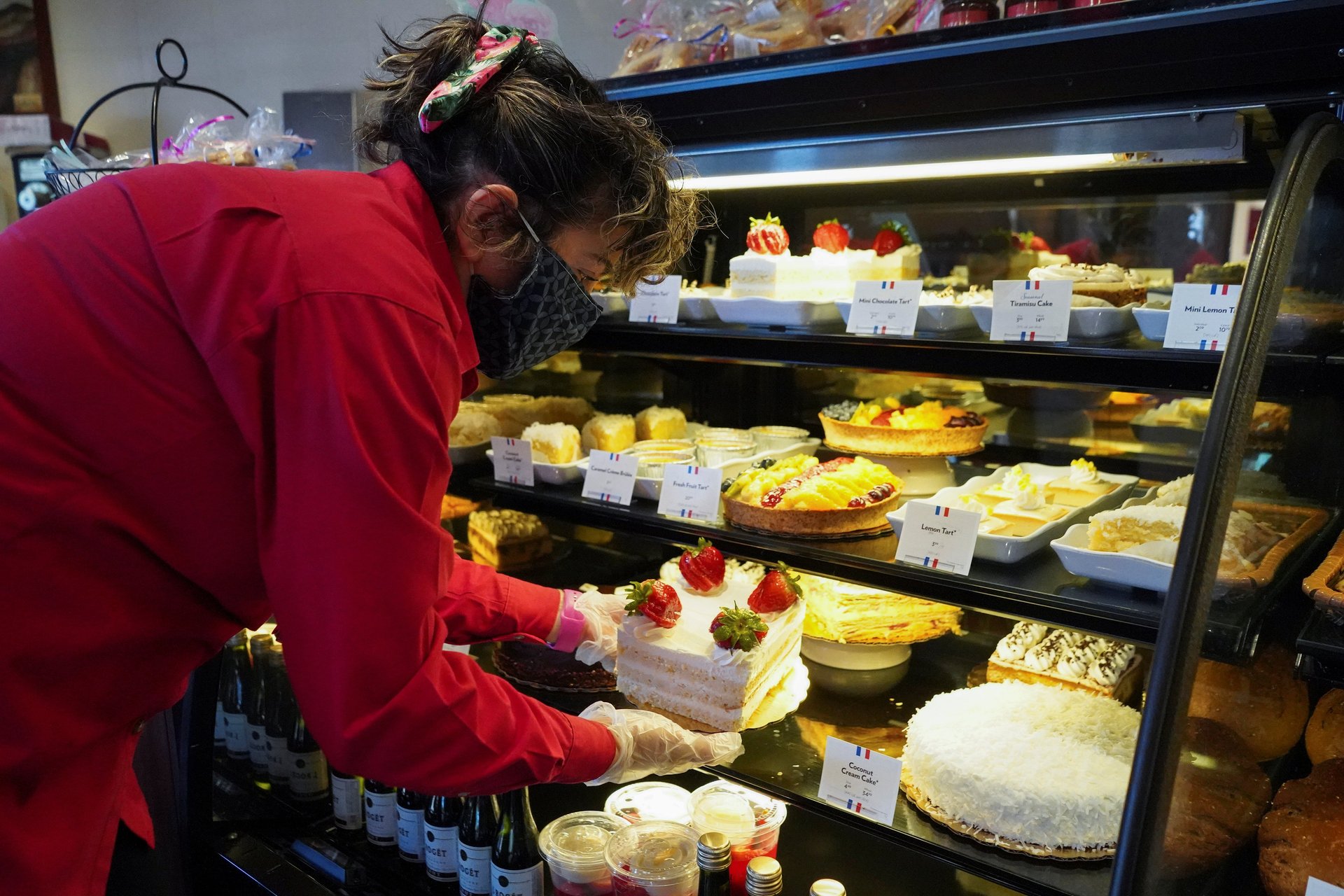The Covid-19 pandemic will be a disaster for wages, even once we all go back to work
The coronavirus pandemic will significantly change the labor market and be a disaster for the lowest-paid workers in the United States, according to David Autor, an economist at the Massachusetts Institute of Technology.


The coronavirus pandemic will significantly change the labor market and be a disaster for the lowest-paid workers in the United States, according to David Autor, an economist at the Massachusetts Institute of Technology.
There will be a permanent downward shift in the amount of the US gross domestic product paid out in wages, salaries and benefits by 1 or 2 percentage points, Autor predicted in a video published on the website of the National Bureau of Economic Research earlier this week. This economic measurement is known as “labor share” and data from the Bureau of Labor Statistics (BLS) shows it had already significantly declined over the last 20 years. “There is no reason to think we will quickly rebound from that [decline],” Autor said. “We will accelerate a process that was under way.”
Wages—especially for low-wage, personal service workers—will be fundamentally affected due to how businesses respond to Covid-19, Autor said.
Low-paid, personal service jobs—concentrated among workers without college educations in fields like retail, security, sanitation and healthcare—account for 4.6 million out of the 8.4 million new jobs BLS projected would be created between 2018 and 2028. ”Many of these are hands-on positions that involved helping, assisting, or caring for others,” Autor said.
After decades of little-to-no wage growth, the lowest-paid and least-educated workers in the US finally benefitted from a tightening labor market that stayed below 4% between February 2019 and February 2020 due to this rapid expansion in jobs, the retirement of baby boomers, low fertility rates, and policies that reduced immigration.
The pandemic has dramatically shifted this outlook and not just because of the historic volume in unemployment claims over the last seven weeks. In-person services like tourism, sanitation, healthcare, and retail now have additional risks before a vaccine is fully developed and distributed. This will cause a “de-densification” of workplaces, shopping malls, and restaurants and will reduce the demand for many activities in the short and long-term, Autor said.
The acceleration of automation, the higher survival rate of larger firms with greater access to capital compared to smaller businesses, and a shift in demand for services will also reshape the post-pandemic labor market. Business travel—integral to the profits of many airlines, hotels, and expensive restaurants—will fall, Autor said, and contraction in the retail sector will be “vastly accelerated.”
All of that means there will be less demand for low-skilled labor, meaning employers will have less reason to raise wages to attract workers.
There have already been historic declines in the months of March and April for the retail industry. Data estimates from the US Census Bureau show April’s monthly sales for retail purchases in stores and online as well as spending at bars and restaurants totaled $403.9 billion, a decline of 16% from the previous month and more than 21% lower than the same time last year. Clothing stores saw a two-month decline of more than 89% compared to last year.
The severe effect of the coronavirus pandemic on low-wage workers was also mentioned in an economic update from Jerome Powell, chair of the Federal Reserve board, during an online speech and interview May 13 with the Peterson Institute for International Economics. “Among people who were working in February, almost 40 percent of those in households making less than $40,000 a year had lost a job in March,” he said.
Powell also emphasized the Fed’s limitations, pointed to a slower recovery and emphasized the need for additional spending from the federal government to address the issue of cash shortages among many Americans before they turn into severe problems with debt payments. “The recovery may take some time to gather momentum,” he said. “Additional fiscal support could be costly, but worth it if it helps avoid long-term economic damage and leaves us with a stronger recovery. This tradeoff is one for our elected representatives, who wield powers of taxation and spending.”